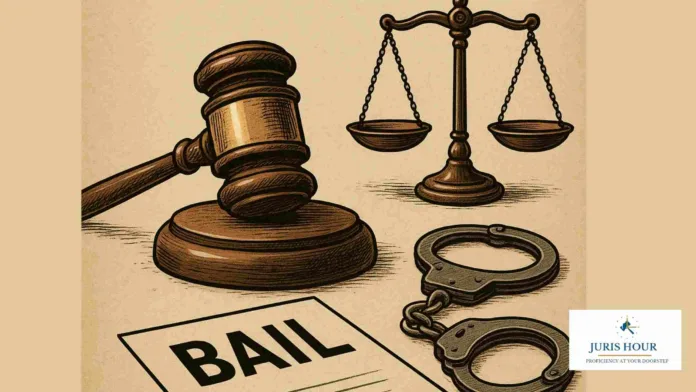The Supreme Court has raised concerns over a prevailing practice in the Kerala High Court, where litigants are allowed to move directly for anticipatory bail without first approaching the Sessions Court.
A Bench led by Justice Sandeep Mehta, while hearing Mohammed Rasal C. & Anr. v. State of Kerala & Anr., observed that such a practice appears to be inconsistent with the hierarchical structure envisaged under the Code of Criminal Procedure (CrPC) and the new Bharatiya Nagarik Suraksha Sanhita (BNSS).
Justice Mehta remarked, “One issue which is bothering us—in Kerala High Court there seems to be a regular practice that the High Court accepts anticipatory bail directly without the litigant approaching the Sessions Court first. Why is that so? There is a hierarchy provided by law. I am not commenting on the present case, but as a matter of principle, this doesn’t happen in any other High Court.”
The Court noted that bypassing the Sessions Court could result in an incomplete factual record since the public prosecutor’s response, which would normally be placed before the Sessions Court, may not come on record at the initial stage.
Taking note of the issue, the Supreme Court issued notice to the Registrar General of the Kerala High Court and appointed senior advocate Sidharth Luthra as amicus curiae to assist the Court. The matter has been listed for further hearing on October 14, 2025, when the larger question—whether moving the High Court directly for anticipatory bail should remain a matter of choice for the accused, or whether approaching the Sessions Court first should be made mandatory—will be examined.
Read More: Supreme Court Issues Notice on Bail Plea of Journalist in Money Laundering Case

